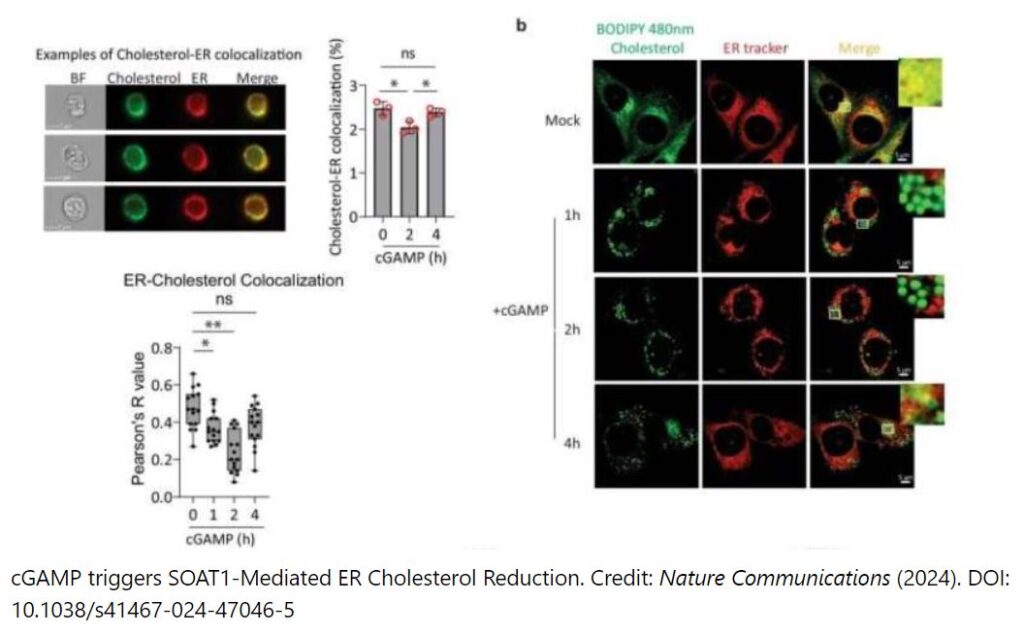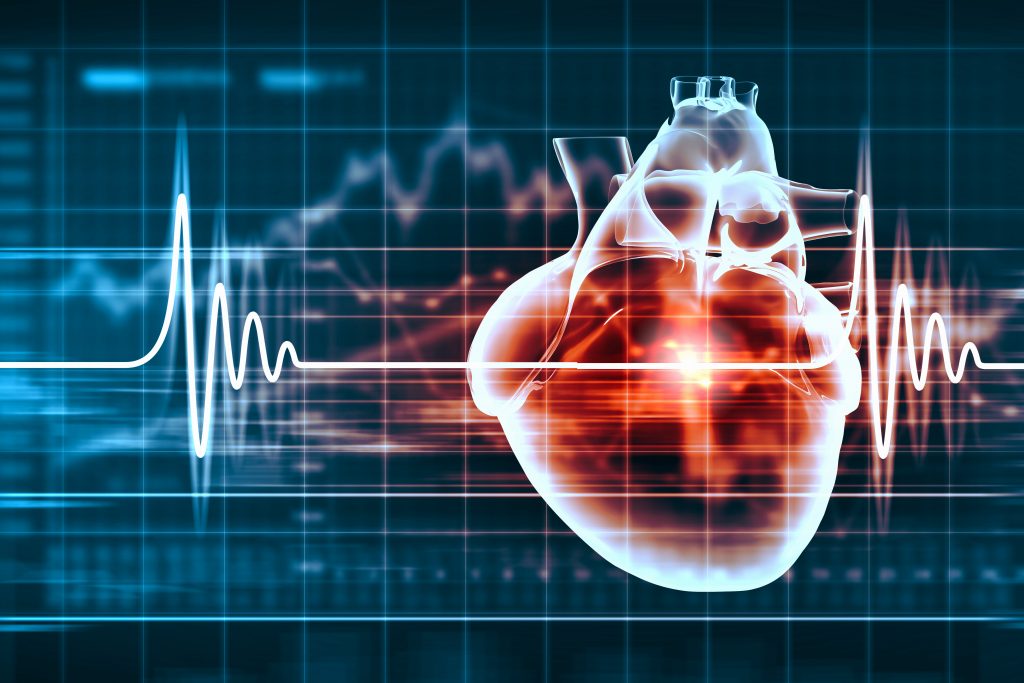
Columbia University researchers have found cells inside clogged arteries share similarities with cancer and aggravate atherosclerosis, raising the possibility that anticancer drugs could be used to treat atherosclerosis and prevent heart attacks.
Their study found that smooth muscle cells that normally line the inside of our arteries migrate into atherosclerotic plaques, change their cell identity, activate cancer genes, and proliferate inside the plaques.
“Our study shows that these transformed muscle cells are driving atherosclerosis, opening the door to new ways to treat the disease, potentially with existing cancer drugs,” says Muredach Reilly, MD, the Florence and Herbert Irving Endowed Professor of Medicine at Columbia University Vagelos College of Physicians and Surgeons ...
Read More









Recent Comments